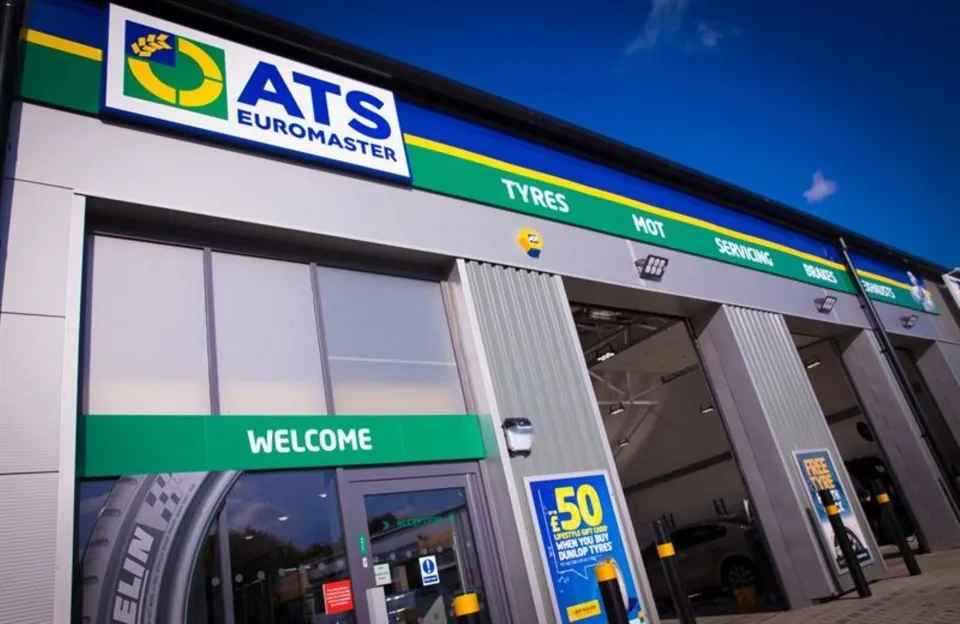The maintenance of hybrid and fully electric vehicles (EVs) takes longer than that of traditional internal combustion engine (ICE) cars, according to vehicle maintenance chain ATS Euromaster.
This extended service time, while necessary due to safety requirements, leads to higher charge out costs to the customer, which may come as a surprise for many, given the perception that EVs generally require less overall maintenance.
While service, maintenance, and repair (SMR) needs are indeed lower for electric vehicles due to fewer moving parts and the advantages of regenerative braking, the additional time spent in the service bay must be factored in.
ATS Euromaster highlights that the extra time is a result of safety protocols that apply to hybrid (HEV), plug-in hybrid (PHEV), and fully electric battery vehicles (BEVs), all of which are classified as high-voltage systems.
The safety procedures required for high-voltage vehicles involve allowing residual electricity in the car to discharge before technicians can begin work. This process includes placing the car’s keys in a lock box and waiting for the amount of time recommended by the manufacturer to ensure the vehicle is safe to handle.
Mark Holland, operations director at ATS Euromaster, said: “Many people think that high voltage just applies to fully electric cars, but our safety protocols cover all types, from hybrids to full EVs.
“This means additional time in the service bay, which has an impact on maintenance costs.”
Holland noted that the time difference between servicing a standard ICE vehicle and a high-voltage car largely depends on whether the high-voltage system needs to be powered down. For instance, servicing a BMW 330e plug-in hybrid could take approximately 30 minutes longer than its petrol counterpart if the battery disconnection is required.
On average, ATS Euromaster reports that high-voltage vehicles need an additional 15 to 20 minutes in the maintenance bay, unattended, to ensure they are safe to work on. While these vehicles typically require less frequent maintenance, the downtime due to safety protocols should be considered when scheduling service.
To keep up with the growing demand for electric and hybrid vehicle maintenance, ATS Euromaster has increased its number of EV-trained technicians by 15% over the past year. This growth has been facilitated by its apprenticeship trainee scheme and training program, which aims to meet the needs of the rapidly electrifying fleet sector.
All of ATS Euromaster’s 240 service centres across the UK are now equipped to handle high-voltage vehicles, ensuring that fleets have nationwide support as they transition to more sustainable transportation options.

